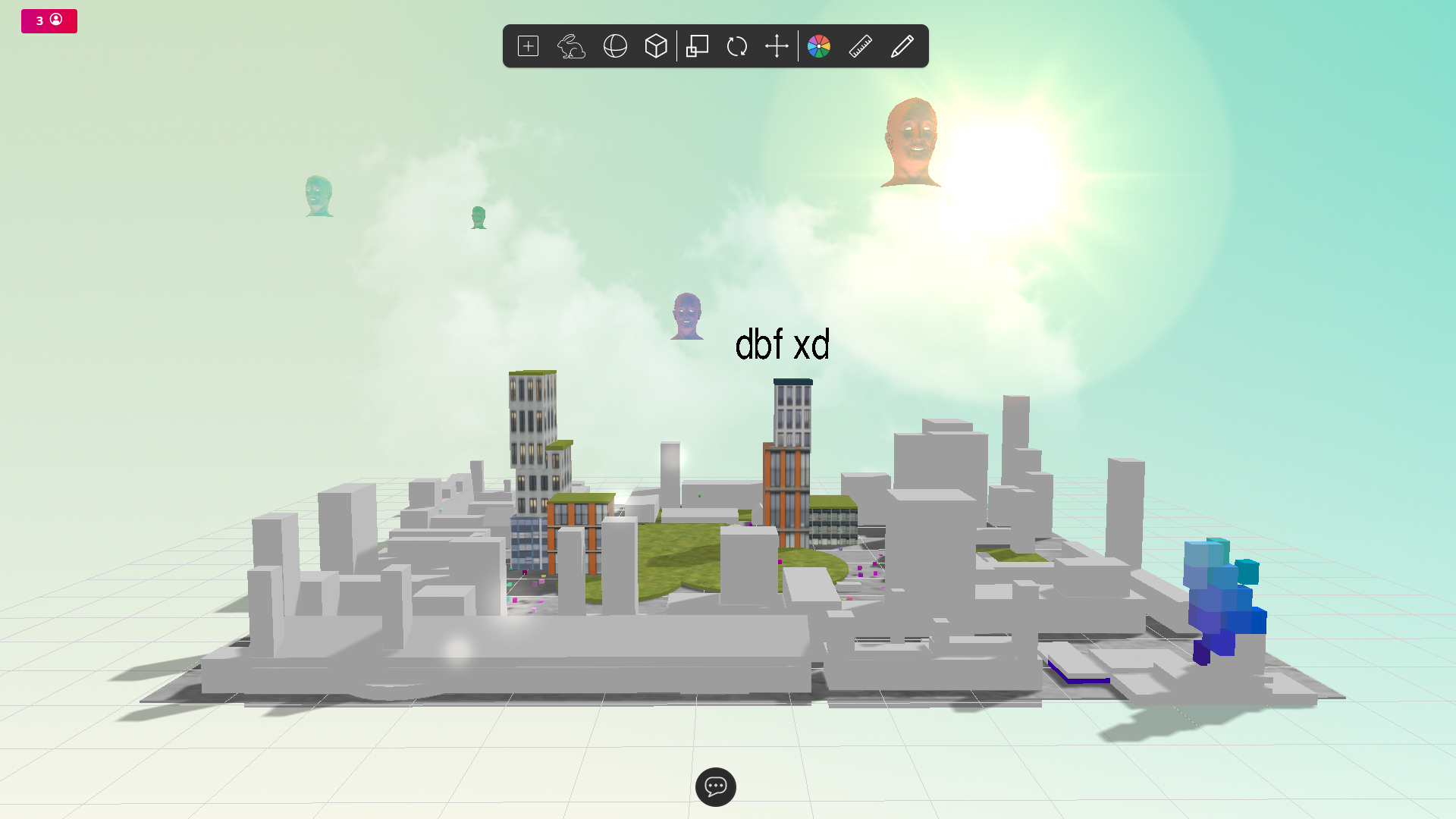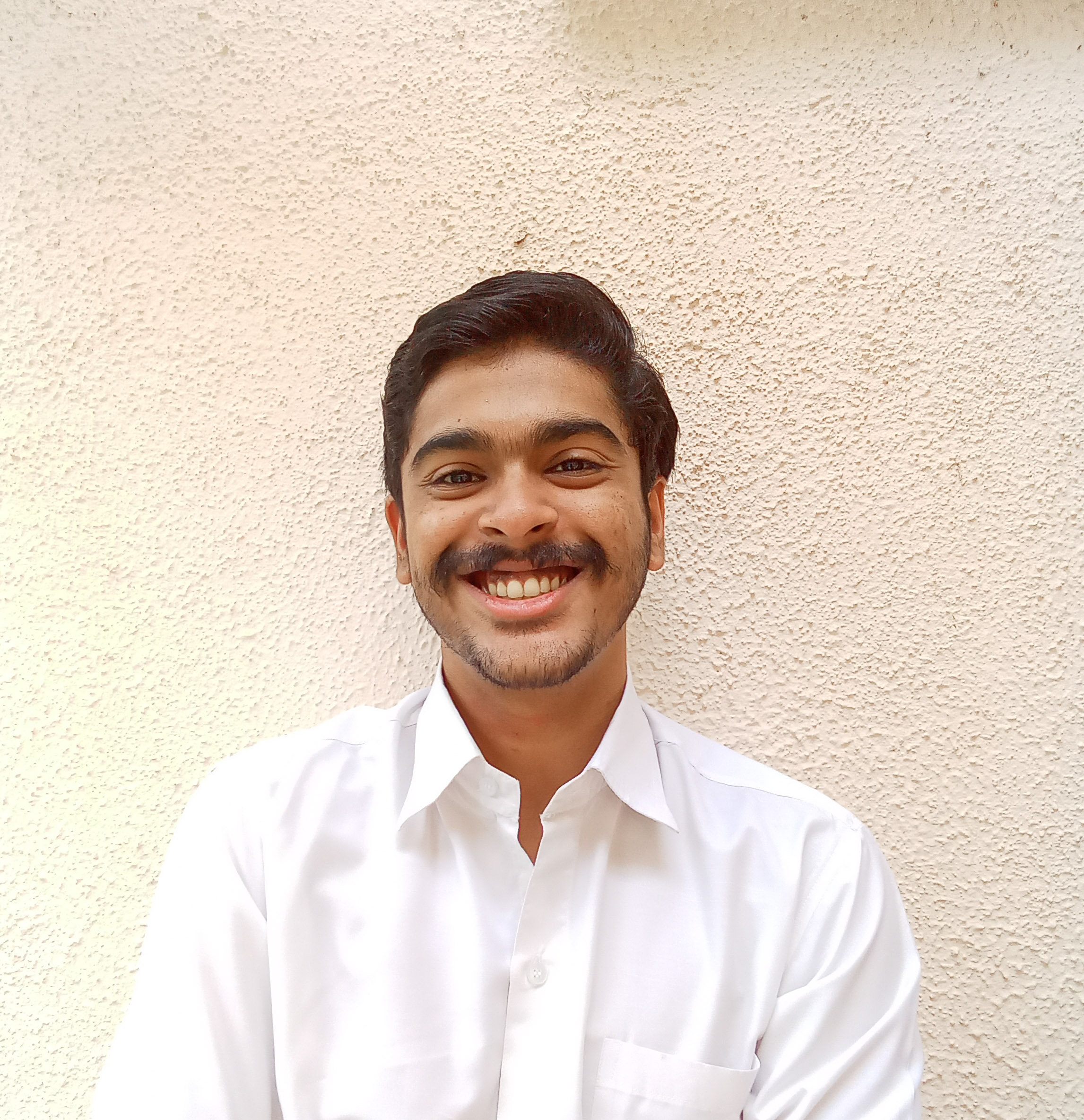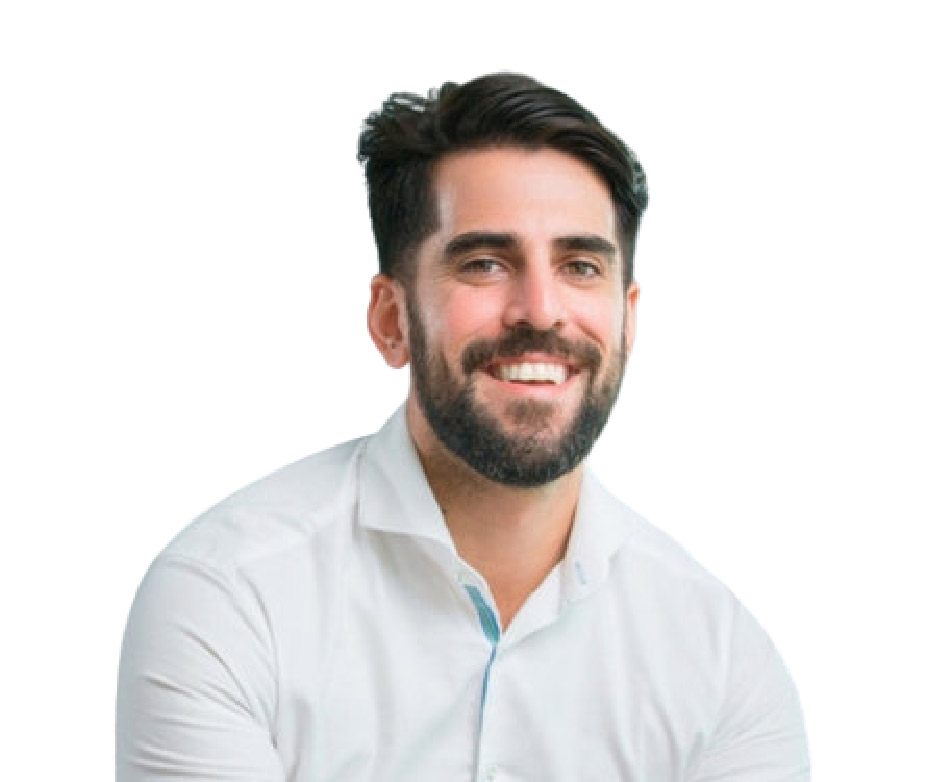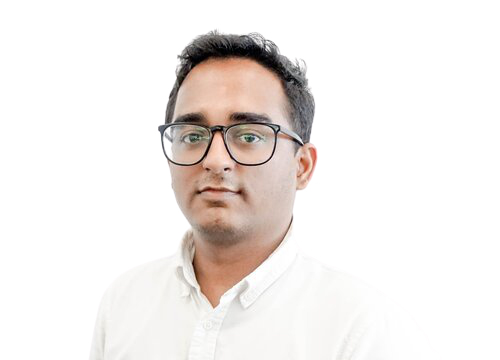Interactive Design | Online Workshop | English | Asia-Pacific
Description:
How can we use points, images and stamps to express ourselves in a new way? How can we create and share our designs in the digital sphere real-time? This workshop explores how we can draw, fold, bend and craft our freehand expressions into meaningful design, while tapping into computation to make it as informative as it is expressive. We will also explore how to harness our digital connectivity to engage, connect, communicate, and work collaboratively in the post-pandemic age, to create non-traditional non-linear architectural workflows for our design process. These will rely on non-vector/ CAD based methods. Looking at how our design process benefits from non-vector-based methods, such as pixels and scalars.
Workshop Brief and Pedagogy :
InclusiveFutures forms part of a radical transformation brought forth by the Covid19 pandemic, and the near-universal access to web-based communications; Around the world, people are connecting, collaborating, and sharing in unprecedented and previously unimaginable ways. In this workshop, we will explore how these changes make new forms of collective architectural expression possible.
The pedagogy of the workshop is inspired by Digital Blue Foam XD (DBF XD) - a web-based communications, and 3D modeling environment by Digital Blue Foam that is currently in development. DBF XD will allow participants to develop their own projects, exploring the potential of real-time, multi-user, 3D sketching and interaction.
The 4-day workshop is composed of two parts. First, participants will learn how to create their own digital brushes and stamps, using point-cloud, textures, and shapes to address both scientific and artistic ideas, which can be deployed and shared via DBF XD. Second, participants will explore how the tools can be used to explore new urban and architectural ideas through a real-time, co-creation experience.
Practically speaking, by the end of the workshop participants will have a strong working knowledge of 3D websites, and how to design, model, and optimize their own 3D assets using industry-standard tools. Furthermore, participants will gain insights on how web-tools can be incorporated in their workflows and projects to engage more complex design topics and issues, such as net-zero design and planning.

Key Words:
XR,Generative Design,Blender,Three.js
Required Skills:
Beginner 3D Modelling (Blender), Beginner Rendering Software, Scripting (Optional)
Required Software:
Blender, Sublime Text, Adobe Photoshop, Gimp (optional)
Required Hardware:
PC
Maximum number of participating students:
100
Workshop Brief and Pedagogy :
InclusiveFutures forms part of a radical transformation brought forth by the Covid19 pandemic, and the near-universal access to web-based communications; Around the world, people are connecting, collaborating, and sharing in unprecedented and previously unimaginable ways. In this workshop, we will explore how these changes make new forms of collective architectural expression possible.
The pedagogy of the workshop is inspired by Digital Blue Foam XD (DBF XD) - a web-based communications, and 3D modeling environment by Digital Blue Foam that is currently in development. DBF XD will allow participants to develop their own projects, exploring the potential of real-time, multi-user, 3D sketching and interaction.
The 4-day workshop is composed of two parts. First, participants will learn how to create their own digital brushes and stamps, using point-cloud, textures, and shapes to address both scientific and artistic ideas, which can be deployed and shared via DBF XD. Second, participants will explore how the tools can be used to explore new urban and architectural ideas through a real-time, co-creation experience.
Practically speaking, by the end of the workshop participants will have a strong working knowledge of 3D websites, and how to design, model, and optimize their own 3D assets using industry-standard tools. Furthermore, participants will gain insights on how web-tools can be incorporated in their workflows and projects to engage more complex design topics and issues, such as net-zero design and planning.

Schedule:
Jun 27 - Jun 30
-
Day 1 / Jun 27
-
Day 2 / Jun 28
-
Day 3 / Jun 29
-
Day 4 / Jun 30
Instructors:
-
 Rutvik Deshpande Digital Blue Foam,Associate Data EngineerRutvik is an Associate Data Engineer at Digital Blue Foam and currently pursuing a Bachelor of Architecture degree at the National Institute of Technology, India. He aims to use AI in Architecture, with his work focusing on data-driven design workflows in both urban and architectural scales. He is also a tech blogger at Medium and an active Kaggler too.
Rutvik Deshpande Digital Blue Foam,Associate Data EngineerRutvik is an Associate Data Engineer at Digital Blue Foam and currently pursuing a Bachelor of Architecture degree at the National Institute of Technology, India. He aims to use AI in Architecture, with his work focusing on data-driven design workflows in both urban and architectural scales. He is also a tech blogger at Medium and an active Kaggler too. -
 Sayjel Patel Digital Blue Foam,Founder & CTOSayjel is a Canadian architect, coder, and former founding Assistant Professor at the Dubai Institute of Design and Innovation. He is a graduate of the MIT School of Architecture and Planning. Sayjel won the prestigious Red-Dot Design Award for a texture-based 3D design software he developed for the 3D printing industry.
Sayjel Patel Digital Blue Foam,Founder & CTOSayjel is a Canadian architect, coder, and former founding Assistant Professor at the Dubai Institute of Design and Innovation. He is a graduate of the MIT School of Architecture and Planning. Sayjel won the prestigious Red-Dot Design Award for a texture-based 3D design software he developed for the 3D printing industry. -
 Tejas Chavan Digital Blue Foam,Chief Computational ArchitectTejas is the Chief Computational Architect (CCA) at Digital Blue Foam. His work focuses on developing logic and algorithms that facilitate the generative design models of the Digital Blue Foam tool. An architecture graduate from the National University of Singapore, Tejas specialized in Sustainable Design and Technology. In his thesis, he proposed strategies and methods to computational generate and develop urban and architectural solutions, which he is further extending and applying at Digital Blue Foam.
Tejas Chavan Digital Blue Foam,Chief Computational ArchitectTejas is the Chief Computational Architect (CCA) at Digital Blue Foam. His work focuses on developing logic and algorithms that facilitate the generative design models of the Digital Blue Foam tool. An architecture graduate from the National University of Singapore, Tejas specialized in Sustainable Design and Technology. In his thesis, he proposed strategies and methods to computational generate and develop urban and architectural solutions, which he is further extending and applying at Digital Blue Foam.